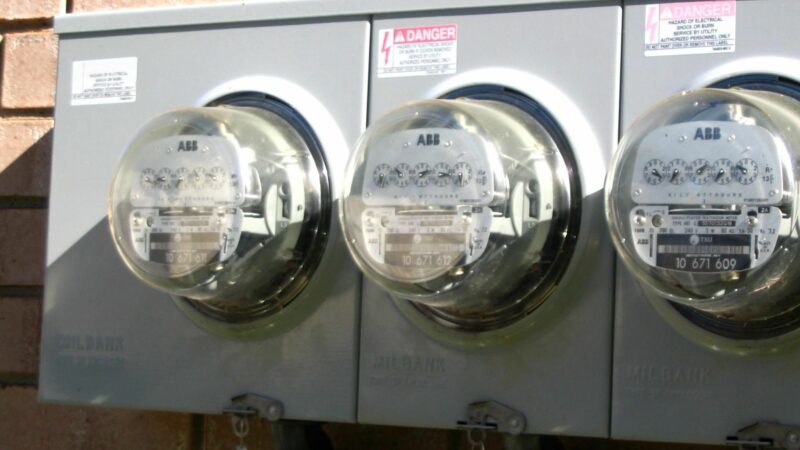Building electrification is the most viable solution to reducing building greenhouse gas emissions, with the added benefit of improving air quality. Yet, electrification of existing buildings is difficult. What’s involved when someone wants to electrify an existing home or multi-family building? Often times, a homeowner or landlord experiences unexpected complications when trying to retrofit their building. This study, sponsored by the California Air Resources Board (CARB), will assesses the equity implications and costs of electrification for priority populations living and working in existing buildings.
The first objective is to examine California’s building electrification trends to date across several geographic and demographic dimensions, including single and multi-unit dwellings and small commercial buildings, in order to describe the gap between existing policy-supported electrification and the State’s long-term goals. This characterization was conductedis being done through a broad compilation and analysis of statewide spatial data layers related to electrification and equity considerations.
The second objective of this study is to address the gaps in knowledge related to building decarbonization. There are two main barriers to electrification that have not been adequately studied. This includes limited consumer awareness and understanding about what building decarbonization means plus the need for consumers to upgrade electric service panel capacity to handle the new electric appliances. Therefore, the primary data collection and analysis component of this study focuses on electric service panels and opinion research. Using machine learning and building permit data, this project examines the scale of the challenges associated with electrical service panel upgrades to support full electrification retrofits in older buildings. Additionally, the project team is conducting opinion research focused on priority population’s values, knowledge, and beliefs around building electrification decisions.
The third objective of this study is to prioritize commercial building sectors for electrification efforts, by understanding the feasibility and equity dimensions specific to those sectors. This objective iswill being achieved through (1) compiling a wide range of data related to existing commercial buildings, such as natural gas consumption, commercial building stock characteristics, and equity factors that indicate impacts on disadvantaged communities (DACs), into a database and interactive website, (2) quantifying carbon dioxide (CO 2) and nitrogen dioxide (NO 2) emissions by each commercial building subsector and other equity considerations, factors, and metrics related to commercial building electrification, (3) developing a framework for prioritizing commercial building subsectors for equitable electrification, and (4) conducting a detailed electrification feasibility assessment of a selected priority subsector, and (5) providing policy recommendations for California to target commercial building electrification more equitably.
Based on study results, the Project Team will develop policy recommendations and a commercial building prioritization framework. Results of this project will inform the California Air Resources Board (CARB) and other policymakers’ efforts to align incentives, regulations, and other complementary policies to support rapid and equitable building decarbonization.
Issuing Entity: California Air Resources Board

